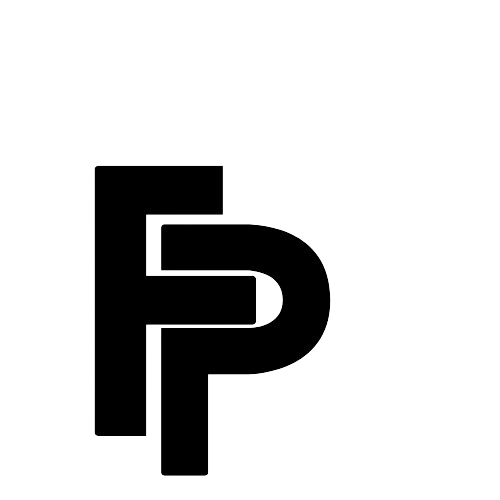
Protein & Creatine for Women: A Complete Guide
Protein and creatine are two essential nutrients that play vital roles in supporting overall health, fitness, and performance. While traditionally associated with male athletes and bodybuilders, protein and creatine are equally important for women looking to optimize their nutrition, enhance muscle tone, and improve athletic performance. In this complete guide, we’ll explore the benefits, sources, and considerations for women regarding protein and creatine supplementation.
Protein for Women
Protein is an essential macronutrient composed of amino acids, which are the building blocks of muscles, bones, skin, and other tissues. Adequate protein intake is crucial for women to support muscle repair, maintain lean body mass, and promote overall health and well-being. Here’s what you need to know about protein for women:
Muscle Repair and Growth: Protein consumption is particularly important for women engaging in resistance training or high-intensity exercise. It provides the necessary amino acids to repair and rebuild muscle tissues, leading to improvements in muscle tone, strength, and endurance.
Satiety and Weight Management: Protein-rich foods help promote feelings of fullness and satiety, which can aid in weight management and prevent overeating. Including protein in meals and snacks can help women maintain a healthy body weight and support long-term weight loss goals.
Bone Health: Protein is essential for maintaining bone health and preventing age-related bone loss and osteoporosis. Adequate protein intake, along with calcium and vitamin D, supports bone mineral density and reduces the risk of fractures and bone-related disorders in women.
Sources of Protein for Women
Women can obtain protein from a variety of dietary sources, including:
- Lean meats such as chicken breast, turkey, lean beef, and pork loin.
- Fish and seafood like salmon, tuna, trout, and shrimp.
- Eggs and dairy products such as Greek yogurt, cottage cheese, and low-fat milk.
- Plant-based sources like tofu, tempeh, lentils, beans, quinoa, nuts, and seeds.
Supplementing with protein powders, such as whey protein, casein protein, or plant-based protein, can also be convenient for women who struggle to meet their protein needs through whole foods alone.
Creatine for Women
Creatine is a naturally occurring compound found in muscles that plays a key role in energy production during high-intensity exercise. While creatine is often associated with male athletes and bodybuilders, research suggests that women can also benefit from creatine supplementation, especially in activities that require short bursts of intense effort, such as sprinting, weightlifting, and interval training. Here’s why creatine is beneficial for women:
Improved Performance: Creatine supplementation has been shown to enhance strength, power, and exercise performance in women, allowing them to train at higher intensities and recover more efficiently between bouts of exercise.
Muscle Recovery: Creatine helps replenish ATP (adenosine triphosphate) stores in muscles, which can accelerate recovery and reduce muscle soreness following intense workouts or training sessions.
Muscle Tone and Definition: By increasing muscle strength and endurance, creatine supplementation can contribute to improvements in muscle tone, definition, and overall physique in women.
Considerations for Women
While protein and creatine supplementation can offer numerous benefits for women, it’s essential to consider individual needs, preferences, and goals when incorporating these nutrients into your diet and fitness routine. Here are some important considerations:
Consult with a Healthcare Professional: Before starting any new supplement regimen, women should consult with a healthcare professional or registered dietitian to ensure it aligns with their health status, nutritional needs, and fitness goals.
Stay Hydrated: Creatine supplementation may increase water retention in muscles, so it’s essential to stay hydrated by drinking an adequate amount of water throughout the day.
Monitor Portion Sizes: While protein is important for muscle repair and growth, excessive protein intake may not be necessary for all women. Monitoring portion sizes and balancing protein intake with carbohydrates, fats, and micronutrients is key to maintaining a balanced diet.
Choose High-Quality Sources: Opt for lean protein sources and reputable creatine supplements to ensure quality and safety. Aim to incorporate a variety of protein-rich foods into your diet to obtain a wide range of essential amino acids and nutrients.
Conclusion
Protein and creatine are valuable nutrients that play essential roles in supporting women’s health, fitness, and performance. By understanding the benefits, sources, and considerations associated with protein and creatine supplementation, women can make informed decisions about their nutrition and optimize their physical performance and well-being. Whether you’re a recreational athlete, fitness enthusiast, or active woman seeking to enhance your strength, endurance, or muscle tone, incorporating protein-rich foods and creatine supplementation into your lifestyle can help you achieve your health and fitness goals effectively and sustainably.
